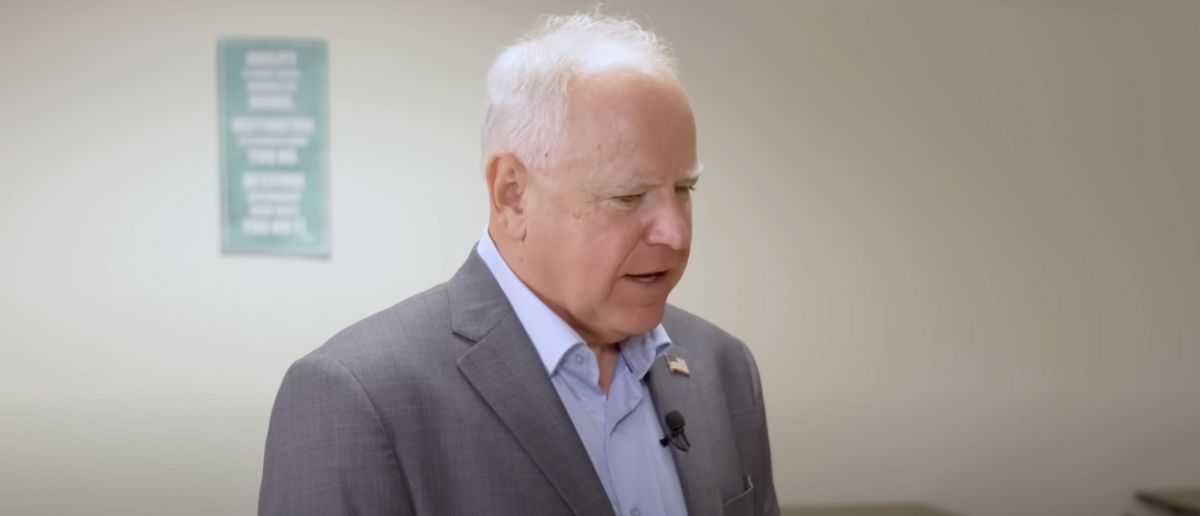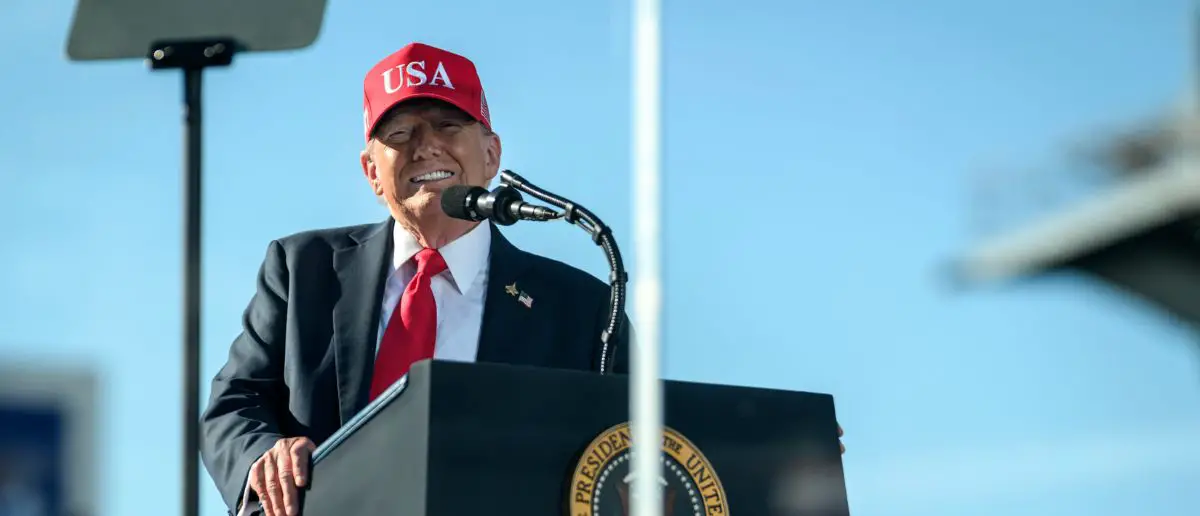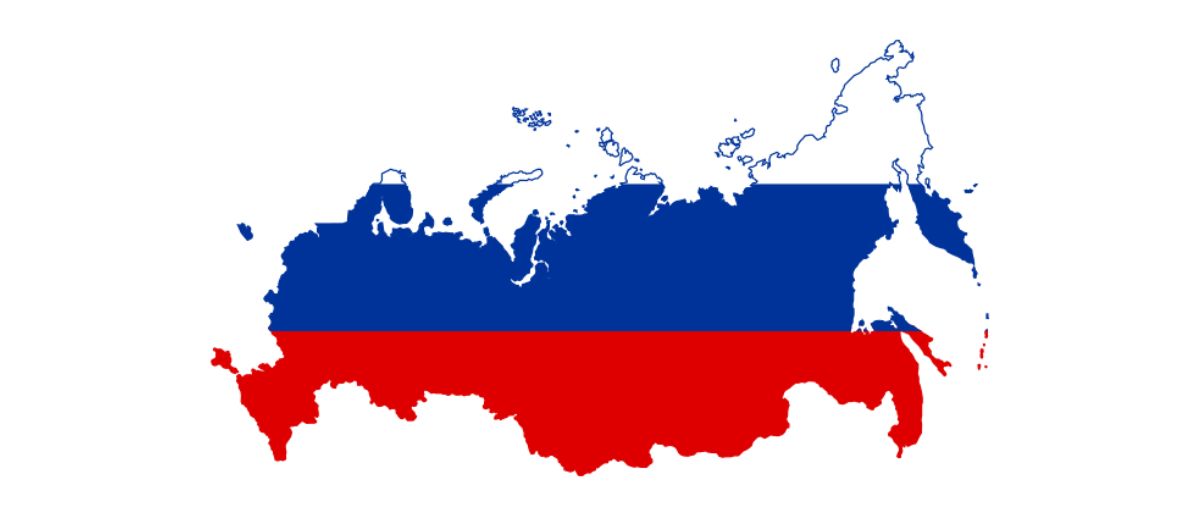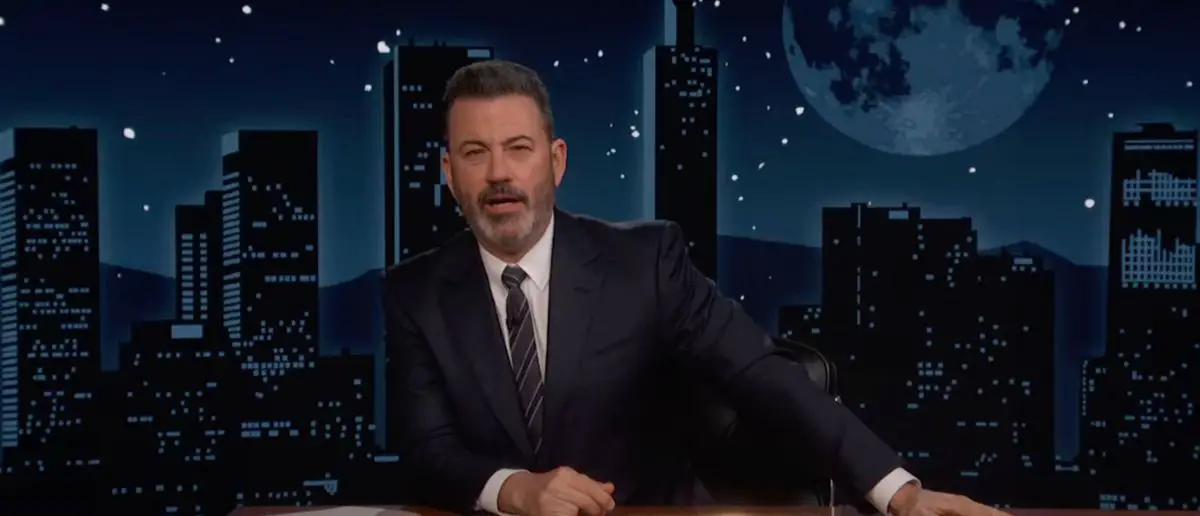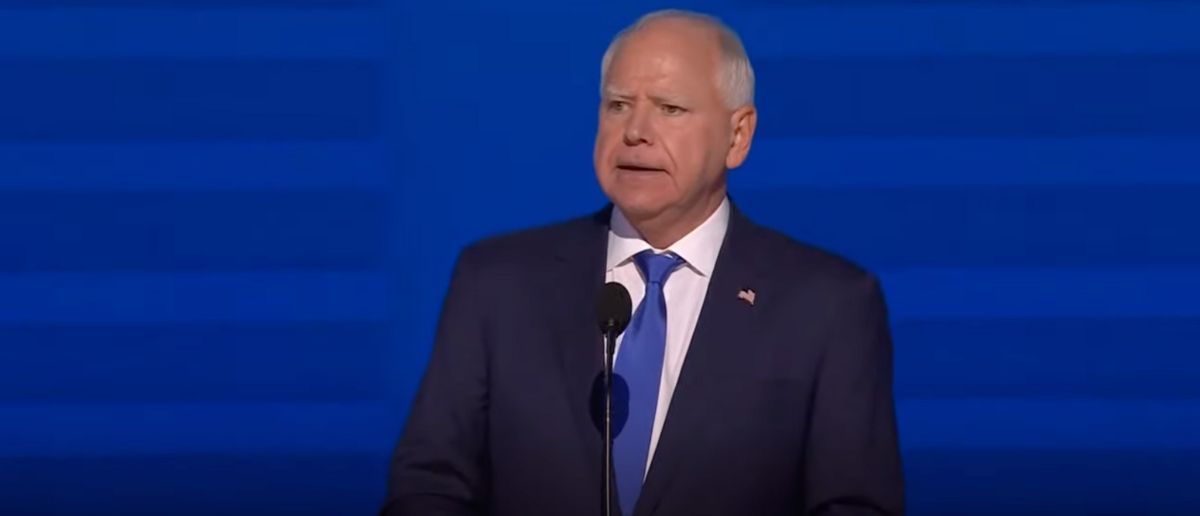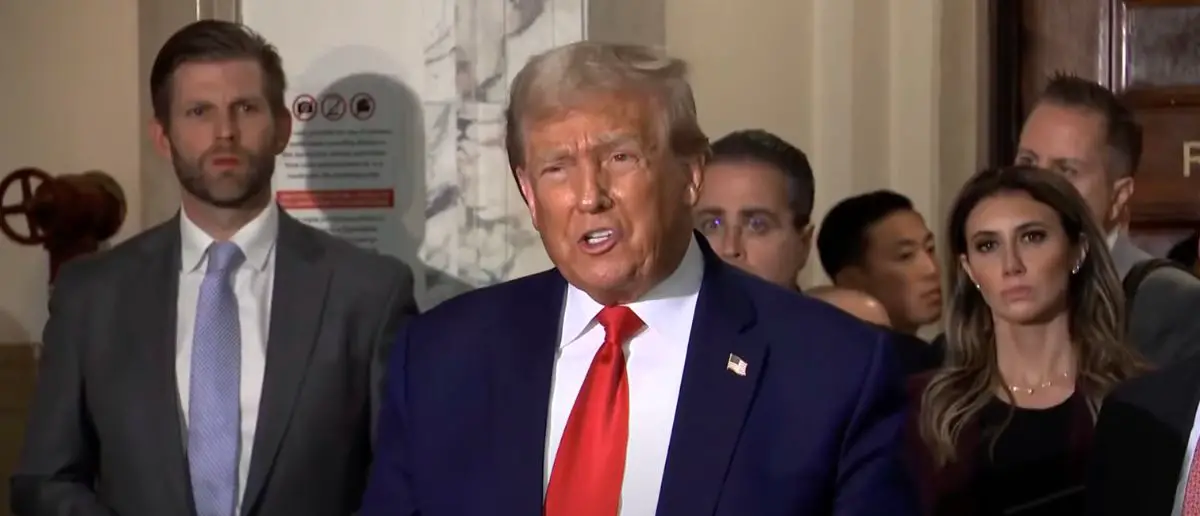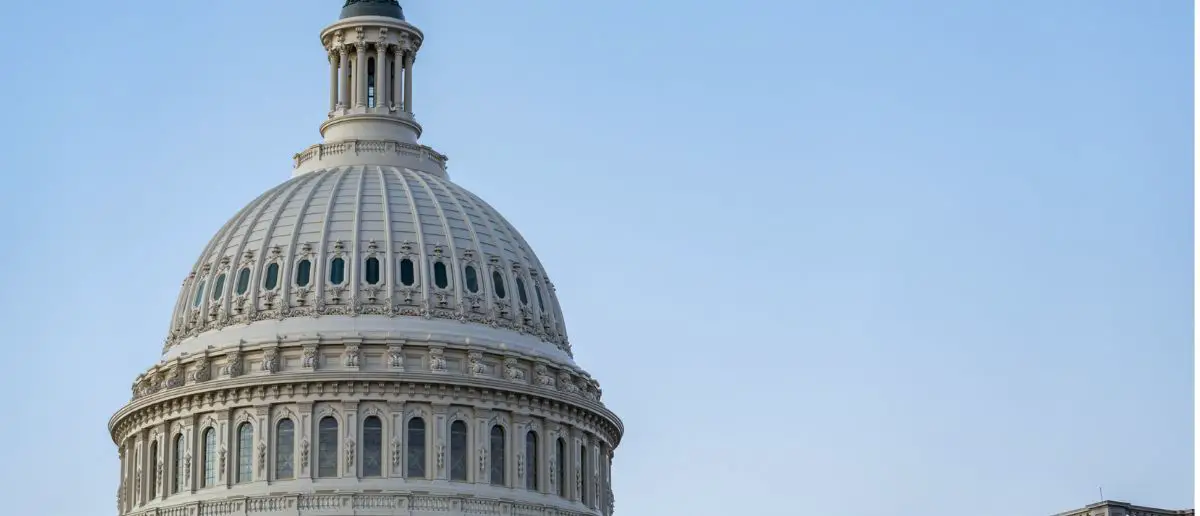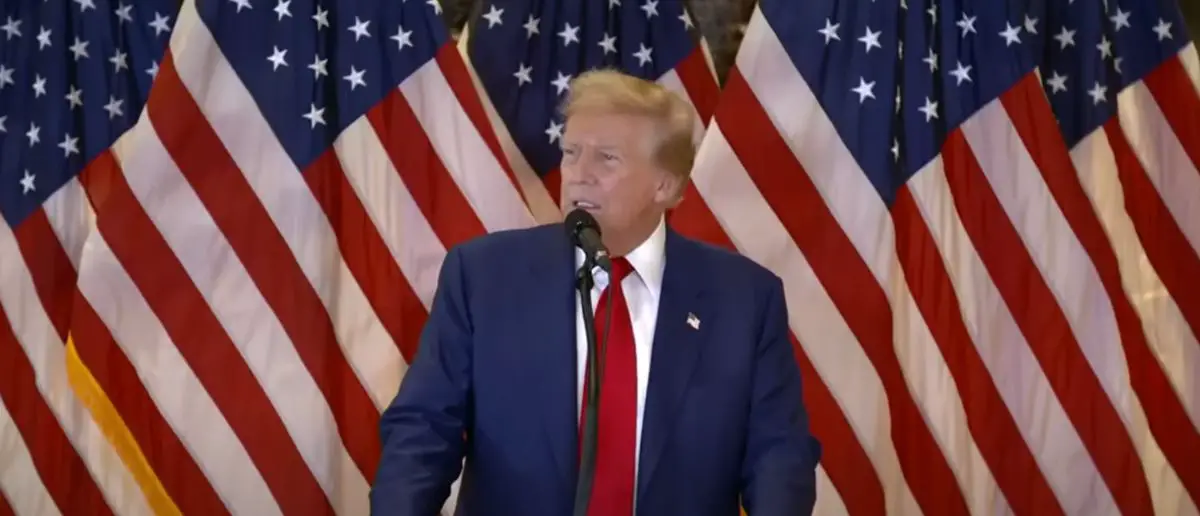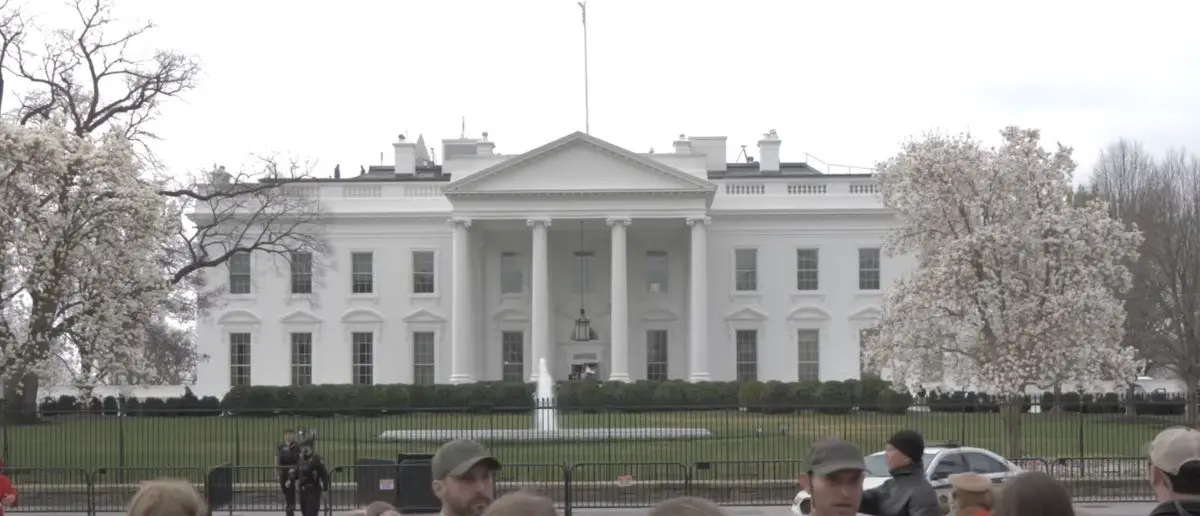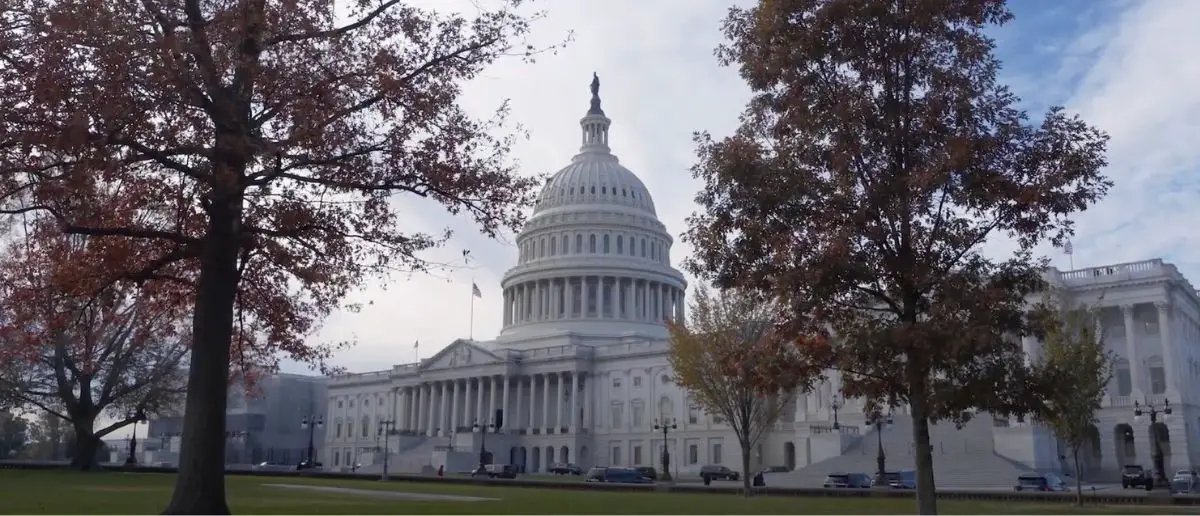Former Democrat VP candidate slammed by major claims of fraud
Controversy has smacked this Leftist in the face. They aren’t going to be able to squirm their way out of this one.
And a former Democrat VP candidate has been slammed by major claims of fraud.
If you still had any doubt that Tim Walz is the poster boy for big-government incompetence and cover-ups, the whistleblowers inside his own administration just torched whatever was left of his reputation. Hundreds of state workers at the Minnesota Department of Human Services are done staying quiet. They’re calling out their own governor for letting scammers steal over a billion taxpayer dollars and then punishing the very people who raised the alarm.
That’s right—one billion dollars meant to feed hungry kids during COVID vanished into luxury cars, overseas mansions, and fat bank accounts while Walz looked the other way. This isn’t some petty cash scam. It’s the biggest COVID fraud case in America, and it happened right under the nose of the guy Kamala Harris wanted one heartbeat from the presidency.
The Minnesota DHS employees’ own X account, speaking for more than 480 frontline workers, didn’t hide their true thoughts: “Tim Walz is 100% responsible for massive fraud in Minnesota. We let Tim Walz know of fraud early on, hoping for a partnership in stopping fraud but no, we got the opposite response.”
“Tim Walz systematically retaliated against whistleblowers using monitoring, threats, repression, and did his best to discredit fraud reports. Instead of partnership, we got the full weight of retaliation,” the account fired back.
“It’s scary, isolating and left us wondering who we can turn to.”
While honest Minnesotans were scraping by, grifters set up fake nonprofits, claimed they were feeding tens of thousands of children, and cashed checks from the state like it was an ATM. Feeding Our Future, the ringleader outfit that conveniently dissolved in 2022, was the tip of the spear. Dozens of connected “partners” billed Minnesota for meals that never existed.
And it wasn’t just one group. The scam spread like wildfire across the state’s bloated social-safety-net empire and much of it ran through networks in Minnesota’s large Somali diaspora community. Leadership refused to touch it—because cracking down might “look bad” or get them accused of being mean to certain protected groups.
“As staff, we firsthand witnessed and observed fraud happening yet we were shutdown, reassigned and told to keep quiet,” the DHS employees said on X.
“Sometimes more. Leadership did not want to appear to discriminate against certain communities and were unwilling to take action, such as stopping fraud, that would have an adverse impact on their image.”
Recently, the Justice Department charged the 78th defendant in the Feeding Our Future ring. Fifty-nine have already been convicted.
Meanwhile, other programs ballooned out of control. One homelessness initiative jumped from $2.6 million in 2021 to $104 million last year, per the New York Times.
House Majority Whip Tom Emmer didn’t hold back when speaking to the New York Post: “Minnesota has become the land of 10,000 frauds under Tim Walz.” He called it “a total slap in the face to the hardworking, law-abiding people of Minnesota. The Walz administration is either too incompetent or completely unwilling to clean up their own mess.”
Even President Trump weighed in, blasting Minnesota as “a hub of fraudulent money laundering activity.” And what did Walz do? He pointed fingers at Trump and bragged that he’s the one “putting people in jail”—as if federal prosecutors weren’t the ones doing all the heavy lifting.
The DHS insiders say Walz deliberately gutted oversight. He disempowered the Office of the Legislative Auditor and let his hand-picked agency bosses ignore rules, hide reports, and even threaten whistleblowers’ families.
“This is a cascade of systemic failures leading up to Tim Walz,” they wrote. “Agency leaders appointed by Tim Walz willfully disregarded rules and laws to keep fraud reports quiet—even to the extent of threatening families of whistleblowers.”
These brave workers are now begging Washington for help because they say they can’t fight the fraud alone under Walz’s machine. And this is the same guy who just launched his campaign for a third term—something no Minnesota governor has pulled off in over sixty years.
Hardworking Minnesotans deserve leaders who guard the treasury like it’s their own money, not bureaucrats who’d rather protect their political image than stop thieves.
Tim Walz failed the test—spectacularly.

